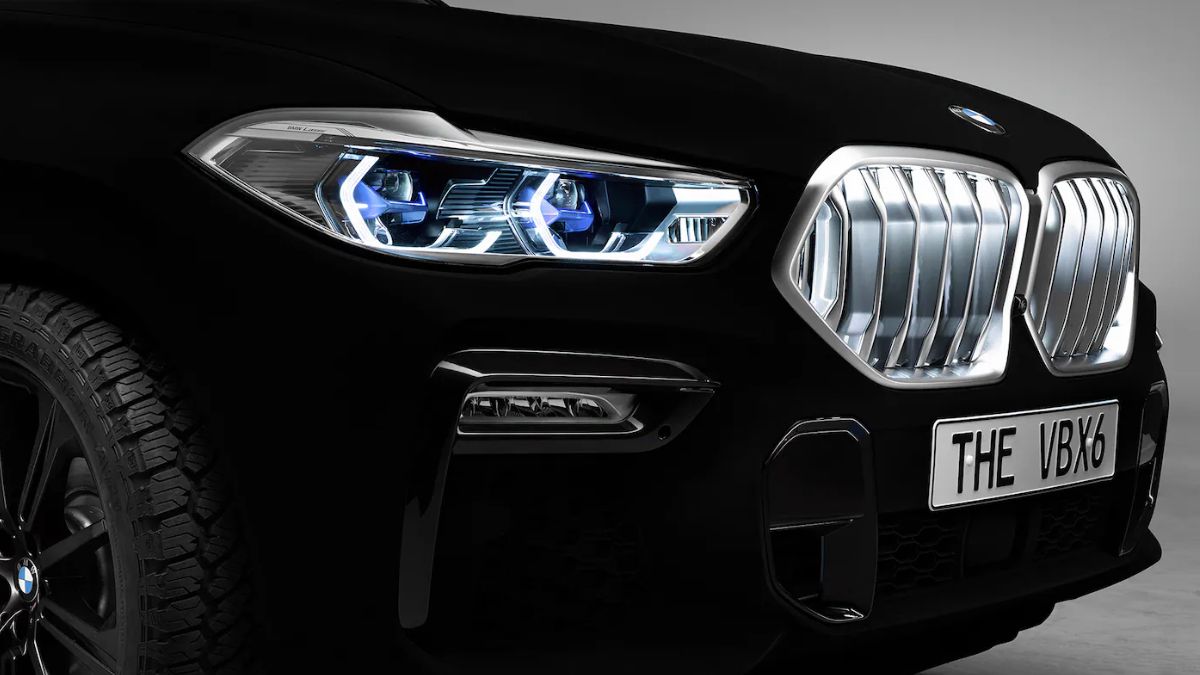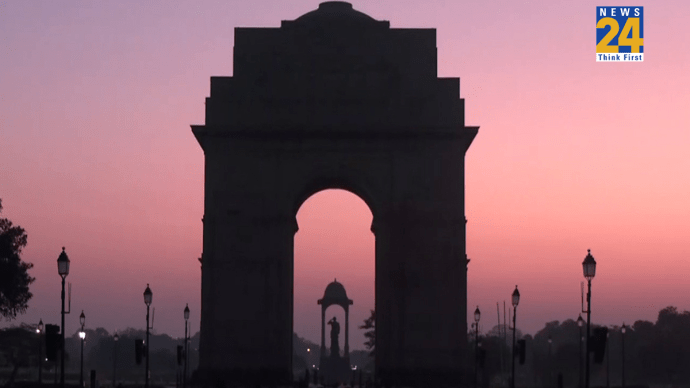Black Film On Car’s Windscreens: You must have often seen the police removing black film from the car windows and issuing heavy challans for these window films. Here’s what Kerala High Court recently remarked on this issue.
What was the Case?
A dealer of car related accessories and a vehicle owner filed the petition in Kerala High Court challenging actions of the Kerala Motor Vehicle Department against them. The dealer was given a notice by the Department and was threatened cancellation of his registration for installing sun control or cooling film to vehicles’ windscreens and windows. The other petitioner was slapped with a Rs 250 challan by the department for alleged non-compliance with visible light transmission (the visible light that passes through a glass) standards on his windscreen.
The High Court has to decide whether only the manufacturer can provide “safety glazing” on vehicles’ windscreens and window glasses, or whether owners can later on install a layer of plastic on the inner side of the window pane.
What Does the Rule Says?
The Central Motor Vehicles Rules, 1989 says that the front and rear windshields of vehicles should at least have 70% visible light transmission, and the side windows should at least have the visibility of 50%.
What Supreme Court’s Verdict of 2012 Says?
The Supreme Court, hearing the petition of a social activist, had banned black screens in vehicles in the country from May 2012 saying it is important to compliance with the rules related to black screens under the Central Motor Vehicles Rules, 1989. The apex court at that time said that these standards are for manufacturers and once someone buys a vehicle from the showroom, he/she cannot make any changes to it. However, in April 2021, this rule was amended to put onus on the owners to compliance with the visibility standards of their vehicles windscreens and window glasses.
What Kerala High Court Said?
The Kerala High Court held that motor vehicles cannot be penalised for using Safety Glass or Safety Glazing including glazing with plastics in their windscreens or window glasses if they comply with stipulated standards and specifications. The High Court clarified the amended law and held, “No officer checking a motor vehicle can detect as to whether the layer of plastic (films) of the inner side of the glass pane of toughened or laminated glass is pasted either by the manufacturer or by the owner. Such penalisation, therefore would be unsustainable.”
Also Read: Toyota Fortuner Raising It’s Power: To Get New 2.0 L Petrol Turbo Engine













